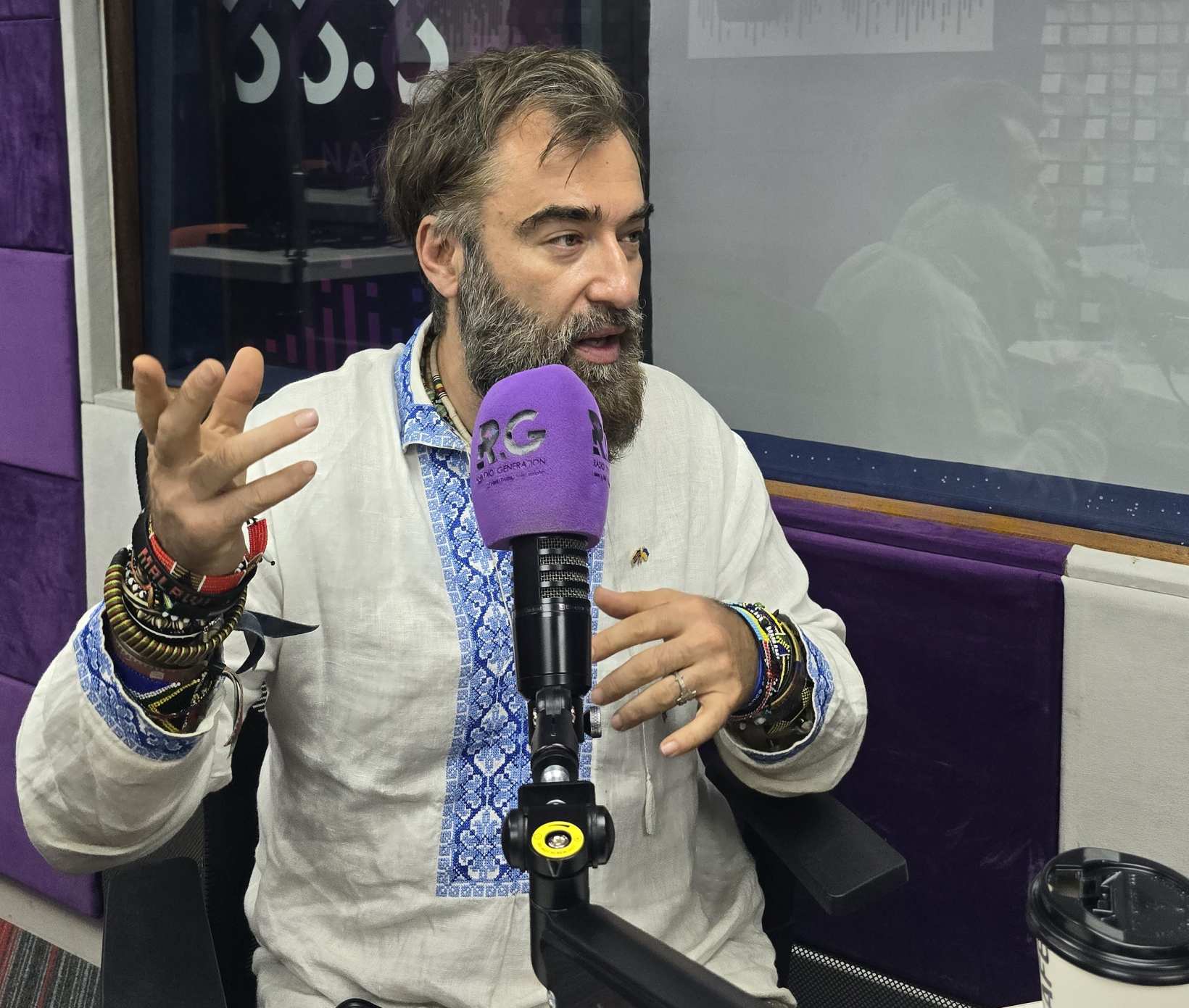Ukrainian Analyst: Ceasefire needed before Ukraine-Russia peace talks

Speaking to Radio Generation on Tuesday, Zalmayev said the discussions exposed the dangers of overlooking the Kremlin’s intentions and bypassing a ceasefire.
Ukrainian-American political analyst and TV host Peter Zalmayev has cautioned that recent talks in Washington on ending the war in Ukraine could put Kyiv at risk if leaders move too quickly toward a peace agreement.
Speaking to Radio Generation on Tuesday, he said the discussions exposed the dangers of overlooking the Kremlin’s intentions and bypassing a ceasefire.
“What happened yesterday in Washington? What you saw was a group of European leaders who decided to accompany Zelensky to a meeting with the American President, who once again, coming out of a meeting with Vladimir Putin, began re-translating and rebroadcasting Putin’s wishes to the point where… no longer do we need a ceasefire. Let’s just go straight to the peace agreement,” Zalmayev said.
He noted that much of the Kremlin’s messaging is coded, making it difficult for outsiders to fully understand the stakes.
The Monday meeting at the White House included President Volodymyr Zelensky, US President Donald Trump, and several European leaders, who gathered to explore steps toward ending the war.
Trump suggested organizing a trilateral meeting with Zelensky and Putin, describing it as “a matter of when, not if.”
He told reporters that he had already contacted Putin to begin arranging a bilateral session, which could later include Ukraine.
Zalmayev warned that skipping a ceasefire would leave Ukraine exposed.
“Vladimir Putin has just gotten a carte blanche to continue bombing Ukraine while they hash out this peace agreement. One thing, right? A ceasefire would have put an end to that, or at least put this war on hold,” he said.
He highlighted that German Chancellor Friedrich Merz and other European leaders challenged Trump’s position, asking why hostilities should continue during talks.
The analyst also stressed that Russia’s conditions for peace threaten Ukraine’s sovereignty.
“That means a downsizing of the Ukrainian army to about 70,000-80,000 men… and a hard no to NATO. That also means elections. Vladimir Putin really wants Zelensky out of power, okay… because his goal remains the same. He wants to control all of Ukraine,” Zalmayev said.
He dismissed proposals for land swaps as “a very unfair formula” and “a red herring for Putin’s larger goals,” which he expects Russia to pursue relentlessly.
During the Monday session, Zelensky adopted a more diplomatic tone than in previous visits, thanking his hosts and exchanging lighthearted remarks with reporters.
Trump indicated possible American security guarantees, saying, “We’ll give them good protection,” while emphasizing Europe as the “first line of defence.”
However, Zalmayev warned that vague promises cannot replace the need for a ceasefire or strong protections for Ukraine.
Zalmayev’s analysis underscores the risks of moving too quickly toward a peace deal without halting hostilities, highlighting the potential consequences for Ukraine’s army, sovereignty, and leadership.
